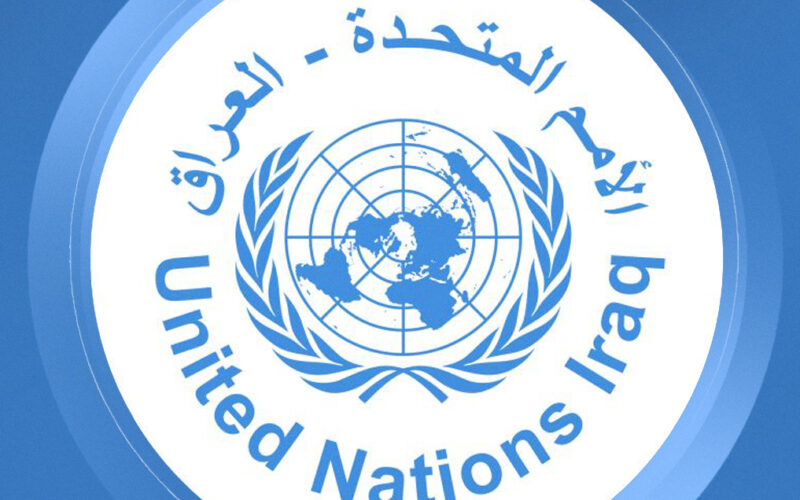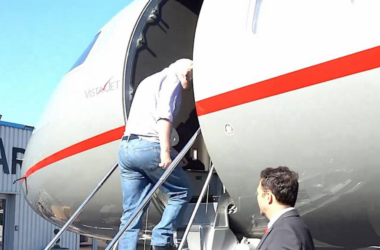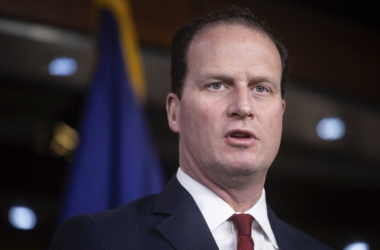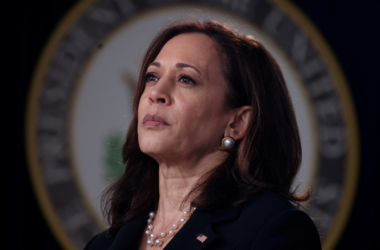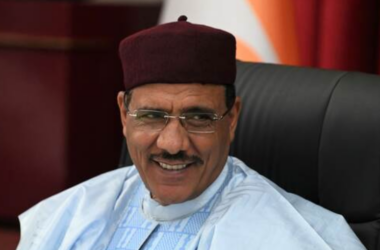The UN Security Council remains divided on Iraq’s request to terminate the United Nations Assistance Mission for Iraq (UNAMI) by the end of 2025. Several members, including Russia and China, have expressed support for Baghdad’s position, while the United States has not yet offered its backing.
In a letter to the council last week, Iraqi Prime Minister Mohamed Shia al-Sudani called for UNAMI, which has been in operation since 2003, to conclude its mission by December 31, 2025. Iraq’s deputy UN envoy Abbas Kadhom Obaid Al-Fatlawi reaffirmed this request on Thursday, stating that “the mission has achieved its goals.”
Russian envoy Vasily Nebenzia supported Iraq’s stance, asserting, “Iraqis are ready to take responsibility for the political future of their country,” and argued that remaining issues should not justify UNAMI’s indefinite presence.
China’s deputy UN envoy Geng Shuang also backed the idea of a phased withdrawal, suggesting that the council should “propose a plan… to ensure its gradual drawdown and smooth transition toward an ultimate withdrawal” within the mission’s annual renewal framework, which is due at the end of May.
The mission can only operate with the host nation’s consent, and both Britain and France voiced their support for transitioning the partnership between Iraq and the United Nations. However, the United States was less definitive. Ambassador Linda Thomas-Greenfield highlighted that UNAMI still has “important work to do” in Iraq, without addressing Baghdad’s request directly. She emphasized the mission’s role in supporting elections and promoting human rights, despite Iraq’s preference for a focus on economic issues.
German diplomat Volker Perthes, in an evaluation requested by the council, indicated in March that UNAMI, with over 700 staff as of late 2023, “in its present form, appears too big.” He recommended a gradual transition of responsibilities to national institutions and the UN country team.
UNAMI’s mission chief, Jeanine Hennis-Plasschaert, described Iraq as a country in transition. “Today we are, so to speak, witnessing an Iraq on the rise,” she said, while acknowledging ongoing challenges such as corruption and armed groups operating outside state control. She suggested it is “high time to judge the country on progress made, and to turn the page on the darker images of Iraq’s past.”
The discussion continues as the Security Council members deliberate on the future of UNAMI and Iraq’s request for its closure by the end of 2025.




